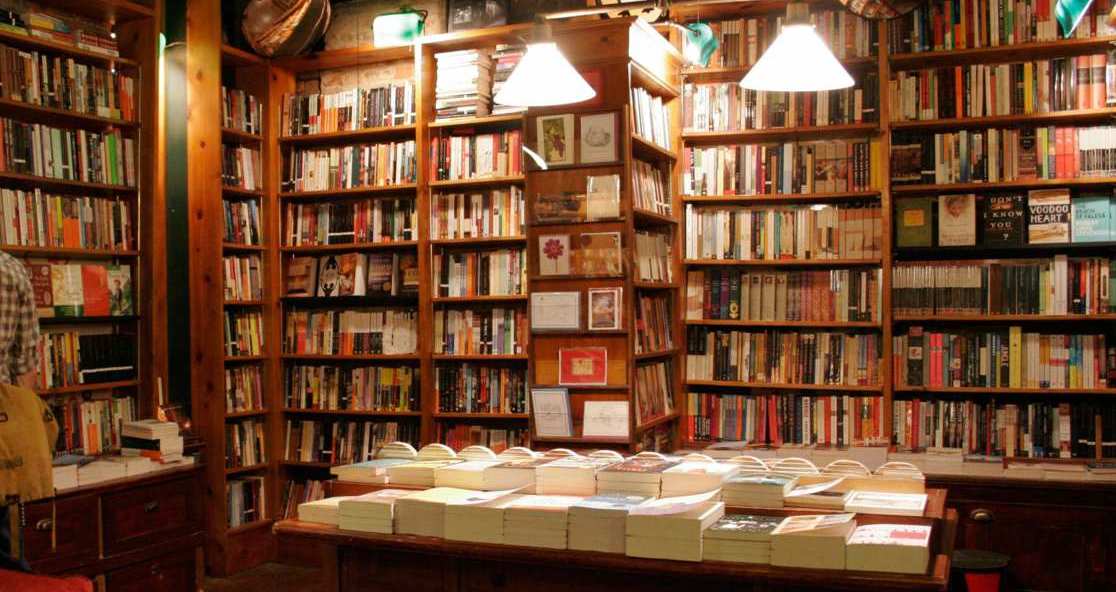(image borrowed from iEmoji.com)
When some is called a "laughingstock" it is coming across as an insult to someone. In early English, "stock" was a tree trunk and in the 14th century if figuratively meant the family tree. An example would be that one comes from "farming stock" when they are a farmer. So when being called a "laughingstock" the insult is to one's family tree being filled with fools.
That's an interesting insult. Now I am dying to use it, though no one would really get it! Lol.
(image borrowed from TripAdvisor)
Dining rooms were called "restaurants" and this came about in 1765 when the inns basically only offered whatever food they wanted to offer for patrons to eat. Then a Paris chef named, Boulanger offered a choice of soups to passersby. he then hung a wooden sign up that had the word "Restaurant" on it, which meant "to restore." Boulanger's success was so great that dining rooms around the world displayed his sign as a promise to restore energy to its customers.
That's an interesting tidbit! I swear, this Words chapter is teaching me so much! Lol.
(image borrowed from Etsy: Hazel Oak Farms)
Clocks were originally called timepieces as in their early days they didn't even have a face or hands. Time was told by the chiming of bells on the hour and eventually on the half and quarter hours. It earned its name "clock" from the French word "cloche" which means bell. Thus we tell time by the bell. O'clock came about as an abbreviation for "of the clock" or "of the bells." Such as it's 12 of the bells or it's 12 o'clock!
(image borrowed from Wonderopolis)
When we don't understand what someone is saying we call it speaking "gibberish." This phrase came about in the 11th century when an alchemist was translating into Latin the original 8th century works of an Arabian alchemist named Jabir. If he was discovered translating this he would've been executed, so he wrote the formulas in a jargon of his own. If someone were to see his writings they wouldn't make any sense, so if someone tried to write like this it was considered "Jarbish" which eventually turned into "gibberish."
I speak about 75% gibberish...mostly because I talk too fast and no one can understand what I am saying. My argument, listen faster! LOL!
(image borrowed from Literary Hub)
A perfect world is called a "Utopia" and this comes from the English philosopher Sir Thomas More and his book that he wrote in 1516. In it, he compared the life of Europe with an imaginary idealistic society. In Greek, "Utopia" means "nowhere," that More's message was that an ideal society or world will never exist and that instead we must improve the standards of our society now.
Well, I chose this picture before I really read the words! "Utopia" was the word choice and I thought BOOKSTORE! Because how perfect and wonderful are bookstores? So More is already wrong, as an ideal society exists plentiful...it's in the bookstore!








No comments:
Post a Comment
Comments are an award all on their own! So my blog is an award free one! Thanks for any consideration though!